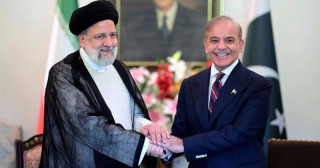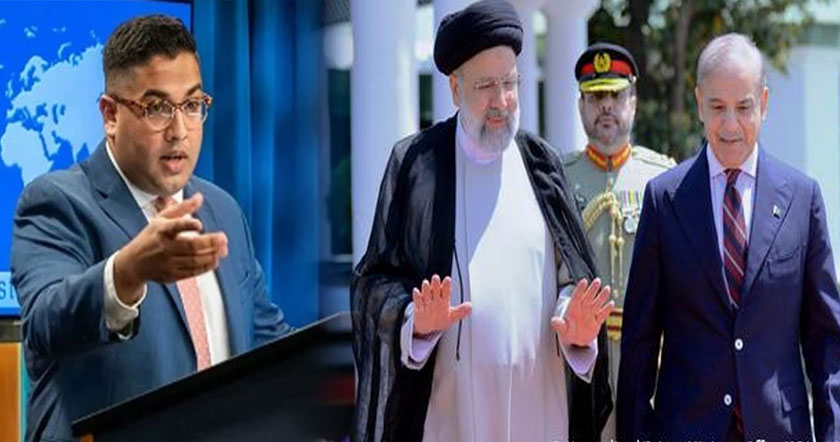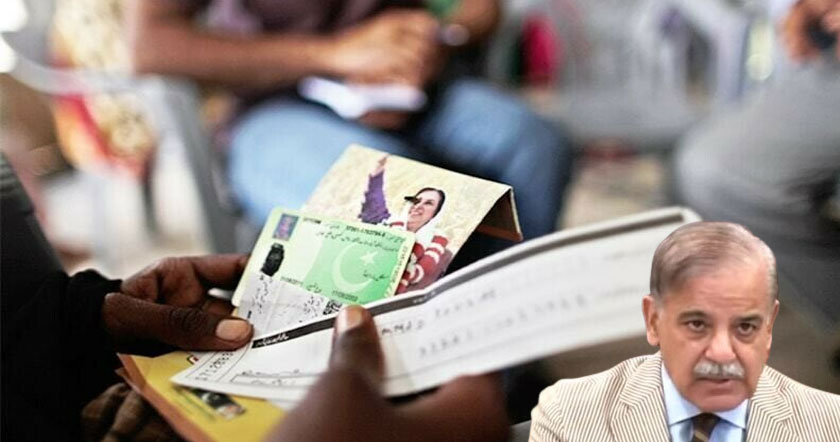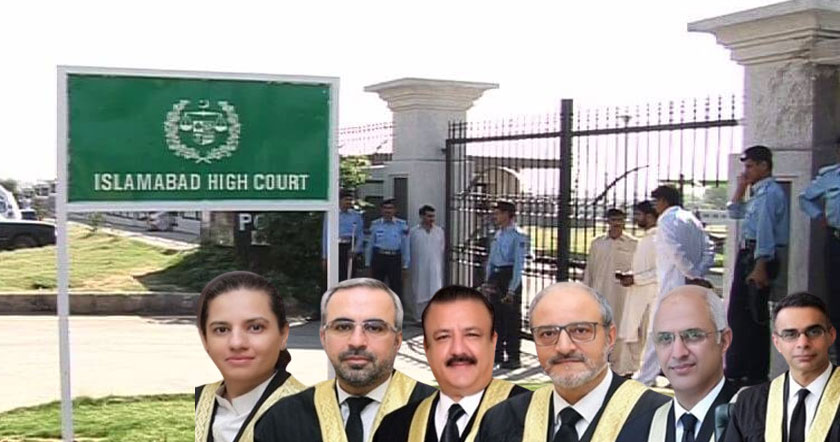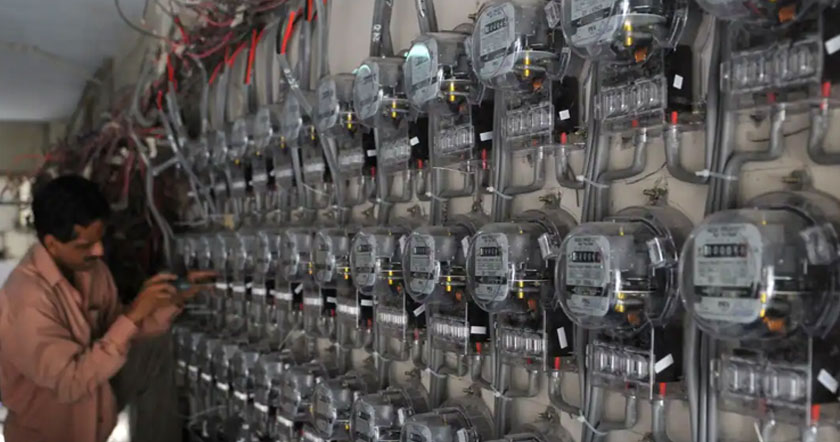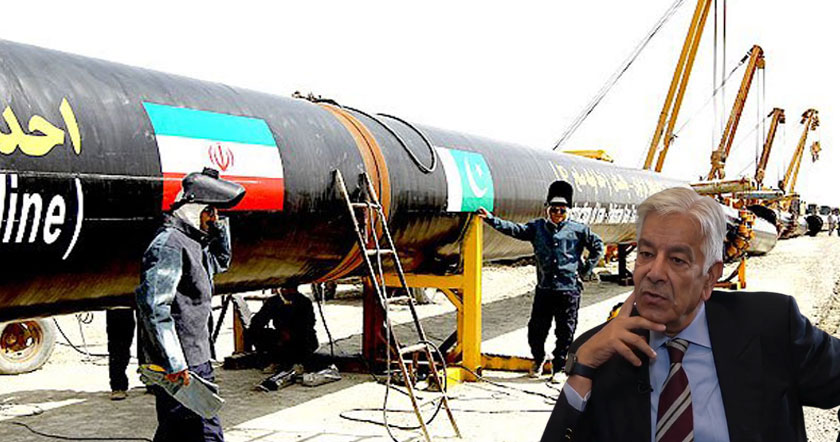You are using an out of date browser. It may not display this or other websites correctly.
You should upgrade or use an alternative browser.
You should upgrade or use an alternative browser.
Pak may have aided China in Galwan clash, Indian Analyst...
- Thread starter desan
- Start date
desan
President (40k+ posts)
As China attempted to raise the Kashmir issue at the United Nations Security Council, a recent report on its enhanced cooperation with Pakistan brought out an interesting aspect that could be of concern to India. As per US intelligence, China had a much better understanding of Indian troop positions and movements ahead of the 15 June Galwan clash in Ladakh. The assumption is that Pakistan had shared its intelligence on Indian Army with China, thereby making a considerable value addition to Chinese operations.
While intelligence cooperation between the two is not unknown, in the past Islamabad was a little more cautious, providing intel in return for some specific favour. At other times, it behaved evasively for fear of compromising its deep sources to a foreign power. But it now seems that Beijing has been able to overcome these reservations, as it gains a steady ingress into the Pakistani establishment at the highest levels, as well as on the ground. This Pakistan-China intelligence cooperation poses a challenge for India, because it marks an alarming accretion in a relationship in which Pakistan is beginning to resemble nothing more than a colony.
A budding relationship
Signs of the evolving ‘intel chumminess’ has been apparent for the last few years, as the Pakistan Army began to virtually govern through its ‘selected’ Prime Minister Imran Khan. The role of Pakistan Army chief General Qamar Javed Bajwa is central to this, with his extension hailed by Beijing. The Chinese Foreign Ministry spokesman Geng Shuang said: “Gen Bajwa is an extraordinary leader of the Pakistani army. He is also an old friend of Chinese government and the army.”
China is usually careful of commenting on such internal appointments in another country, which makes this lavish praise noteworthy. Moreover, Beijing was earlier distinctly unhappy with Pakistan’s handling of sensitive issues, including frequent attacks on its nationals by Baloch separatists in the Chinese-operated port of Gwadar, the ingress of religious preachers into Xinjiang, and other such issues. In fact, in a first, China even ‘named and shamed’ Pakistan at the National People’s Congress, with official media also proclaiming the threat of radical Islam from Pakistan. In 2017, it went so far as to close its borders. All that seems to be in the past now, as Islamabad pulls up intel cooperation with Beijing by its bootstraps.
Evidence of intelligence sharing
When Baloch insurgents attacked the Chinese consulate in Karachi, the perpetrators were killed in just a month in Kandahar. Whoever launched the strike had precise intelligence, since almost an entire rung of leadership of the Balochistan Liberation Army (BLA) was wiped out. When the same group tried to attack the Karachi Stock Exchange – where China has a 40 per cent stake – all four members were killed, with the whole operation wound up in “eight minutes” by the Sindh Rangers. Clearly, security forces were literally waiting for the insurgents to show up, indicating advance intelligence of no small degree.
Pakistan’s Inter-Services Intelligence (ISI) seems to have thrown all its resources into protecting Chinese interests, with sources indicating that Chinese ambassador himself has sometimes sat in on high-level meetings of security agencies on the issue. China is now going a step further in pushing Pakistan to allow the designation of the BLA as a terrorist entity at the UN. This is embarrassing for Islamabad, which doesn’t want the situation to be ‘internationalised’ at a time when it is liquidating Baloch’s youth by the dozens.
Uighur contention
Then there is the sensitive Uighur Muslim issue, which is now prime time news. Many Uighurs have settled down in Pakistan or married Pakistanis, leading to a considerable exchange of persons across the border. Uighur youth have used Pakistan’s border regions for training to prepare themselves to fight Beijing. This was probably part of the usual ‘terrorist barter system’ that the ISI has used in the past, where it obligingly deports a few ‘terrorists’ in return for cash or kind. In 2018, religious affairs minister Noor-ul-Haq Qadri was even ‘counselling’ the Chinese on its Uighur policy.
That has all changed. As China turned on the pressure, Uighurs in Rawalpindi for instance, have come under more restrictions. Guest houses for Uighurs have been closed, and Hajj permits denied. In January this year, PM Imran Khan refused to discuss the Uighur issue in a media interview, quickly shifting to ‘atrocities’ in Kashmir.
But local sympathy for fellow Muslims has been growing, with reports of Pakistani wives and children disappearing in China, and media covering large scale detention camps and surveillance in Xinjiang. Beijing is aware of this, and in an unusual demand, asked the Pakistanis for an internal assessment of the situation. A sovereign country would have refused. Pakistan did not.
The intelligence assessment indicated that major Islamic journals were highlighting the Uighur issue, and lamenting the state of Muslims in China. Beijing expects Pakistan to ‘manage’ this perception, with the warning that it could impact bilateral relations. Meanwhile, Pakistan has been quietly deporting Uighurs on its soil, and also often eliminating those operating in Afghanistan, using its links with diverse groups including the Taliban. Such an intel relationship is without equal.
Additionally, Pakistan has also assisted Chinese ingress into Afghanistan, which included getting the Taliban to meetings in Beijing several times, even while it assists China in intel operations in non-Islamic states such as Nepal, most apparent in the recent attempts to keep the K.P. Sharma Oli government afloat. A recent quadrilateral meeting between China, Afghanistan, Nepal and Pakistan is a triumph of no small order.
India’s cause for concern
Obviously, it is the intel sharing in India that is worrying. China has a far superior technical intelligence capability than Pakistan, and it needs no assistance in this. It also has some human intelligence capability among the Tibetans spread out in regions of India such as Dharamshala, Tawang and parts of Himachal Pradesh, as well as southern cities like Bengaluru.
But Pakistan has had intel operations into India for decades, particularly on movement of troops that were acquired using low-level assets. Sources also point to increased Pakistani intel activity during the Galwan stand-off, indicating that the human intelligence capability is being outsourced to Islamabad. This also ties in with the recent report regarding the posting of ISI officers to China Military Commission’s Joint Staff Department, as well as the consistent emphasis on intelligence sharing in Pakistan–China military exercises.
What is even more worrying is that Pakistan is now willing, or has been forced, to go the extra mile in intelligence sharing — an area that is traditionally regarded as central to national security. With China projected to pay up $62 billion for China–Pakistan Economic Corridor (CPEC), that’s probably one way to pay the bills.
The author is former director, National Security Council Secretariat. Views are personal.
While intelligence cooperation between the two is not unknown, in the past Islamabad was a little more cautious, providing intel in return for some specific favour. At other times, it behaved evasively for fear of compromising its deep sources to a foreign power. But it now seems that Beijing has been able to overcome these reservations, as it gains a steady ingress into the Pakistani establishment at the highest levels, as well as on the ground. This Pakistan-China intelligence cooperation poses a challenge for India, because it marks an alarming accretion in a relationship in which Pakistan is beginning to resemble nothing more than a colony.
A budding relationship
Signs of the evolving ‘intel chumminess’ has been apparent for the last few years, as the Pakistan Army began to virtually govern through its ‘selected’ Prime Minister Imran Khan. The role of Pakistan Army chief General Qamar Javed Bajwa is central to this, with his extension hailed by Beijing. The Chinese Foreign Ministry spokesman Geng Shuang said: “Gen Bajwa is an extraordinary leader of the Pakistani army. He is also an old friend of Chinese government and the army.”
China is usually careful of commenting on such internal appointments in another country, which makes this lavish praise noteworthy. Moreover, Beijing was earlier distinctly unhappy with Pakistan’s handling of sensitive issues, including frequent attacks on its nationals by Baloch separatists in the Chinese-operated port of Gwadar, the ingress of religious preachers into Xinjiang, and other such issues. In fact, in a first, China even ‘named and shamed’ Pakistan at the National People’s Congress, with official media also proclaiming the threat of radical Islam from Pakistan. In 2017, it went so far as to close its borders. All that seems to be in the past now, as Islamabad pulls up intel cooperation with Beijing by its bootstraps.
Evidence of intelligence sharing
When Baloch insurgents attacked the Chinese consulate in Karachi, the perpetrators were killed in just a month in Kandahar. Whoever launched the strike had precise intelligence, since almost an entire rung of leadership of the Balochistan Liberation Army (BLA) was wiped out. When the same group tried to attack the Karachi Stock Exchange – where China has a 40 per cent stake – all four members were killed, with the whole operation wound up in “eight minutes” by the Sindh Rangers. Clearly, security forces were literally waiting for the insurgents to show up, indicating advance intelligence of no small degree.
Pakistan’s Inter-Services Intelligence (ISI) seems to have thrown all its resources into protecting Chinese interests, with sources indicating that Chinese ambassador himself has sometimes sat in on high-level meetings of security agencies on the issue. China is now going a step further in pushing Pakistan to allow the designation of the BLA as a terrorist entity at the UN. This is embarrassing for Islamabad, which doesn’t want the situation to be ‘internationalised’ at a time when it is liquidating Baloch’s youth by the dozens.
Uighur contention
Then there is the sensitive Uighur Muslim issue, which is now prime time news. Many Uighurs have settled down in Pakistan or married Pakistanis, leading to a considerable exchange of persons across the border. Uighur youth have used Pakistan’s border regions for training to prepare themselves to fight Beijing. This was probably part of the usual ‘terrorist barter system’ that the ISI has used in the past, where it obligingly deports a few ‘terrorists’ in return for cash or kind. In 2018, religious affairs minister Noor-ul-Haq Qadri was even ‘counselling’ the Chinese on its Uighur policy.
That has all changed. As China turned on the pressure, Uighurs in Rawalpindi for instance, have come under more restrictions. Guest houses for Uighurs have been closed, and Hajj permits denied. In January this year, PM Imran Khan refused to discuss the Uighur issue in a media interview, quickly shifting to ‘atrocities’ in Kashmir.
But local sympathy for fellow Muslims has been growing, with reports of Pakistani wives and children disappearing in China, and media covering large scale detention camps and surveillance in Xinjiang. Beijing is aware of this, and in an unusual demand, asked the Pakistanis for an internal assessment of the situation. A sovereign country would have refused. Pakistan did not.
The intelligence assessment indicated that major Islamic journals were highlighting the Uighur issue, and lamenting the state of Muslims in China. Beijing expects Pakistan to ‘manage’ this perception, with the warning that it could impact bilateral relations. Meanwhile, Pakistan has been quietly deporting Uighurs on its soil, and also often eliminating those operating in Afghanistan, using its links with diverse groups including the Taliban. Such an intel relationship is without equal.
Additionally, Pakistan has also assisted Chinese ingress into Afghanistan, which included getting the Taliban to meetings in Beijing several times, even while it assists China in intel operations in non-Islamic states such as Nepal, most apparent in the recent attempts to keep the K.P. Sharma Oli government afloat. A recent quadrilateral meeting between China, Afghanistan, Nepal and Pakistan is a triumph of no small order.
India’s cause for concern
Obviously, it is the intel sharing in India that is worrying. China has a far superior technical intelligence capability than Pakistan, and it needs no assistance in this. It also has some human intelligence capability among the Tibetans spread out in regions of India such as Dharamshala, Tawang and parts of Himachal Pradesh, as well as southern cities like Bengaluru.
But Pakistan has had intel operations into India for decades, particularly on movement of troops that were acquired using low-level assets. Sources also point to increased Pakistani intel activity during the Galwan stand-off, indicating that the human intelligence capability is being outsourced to Islamabad. This also ties in with the recent report regarding the posting of ISI officers to China Military Commission’s Joint Staff Department, as well as the consistent emphasis on intelligence sharing in Pakistan–China military exercises.
What is even more worrying is that Pakistan is now willing, or has been forced, to go the extra mile in intelligence sharing — an area that is traditionally regarded as central to national security. With China projected to pay up $62 billion for China–Pakistan Economic Corridor (CPEC), that’s probably one way to pay the bills.
The author is former director, National Security Council Secretariat. Views are personal.
MSN
www.msn.com
kakamuna420
Chief Minister (5k+ posts)
Chinese don't respect us just because they like us.. they know that we are fighting force that could bring down any other party
shujauddin
Minister (2k+ posts)
Also Aided Churchill ( UK) against the Germans. Unconfirmed reports that Pakistan's army invaded Falkland and got it back from GB from the Argentinians !
Bullshit !
Beef.Bhaijan
Minister (2k+ posts)
ch@ddis *** on fire ......pour some gau mutra ...hahhahah
Also Aided Churchill ( UK) against the Germans. Unconfirmed reports that Pakistan's army invaded Falkland and got it back from GB from the Argentinians !
Bullshit !









